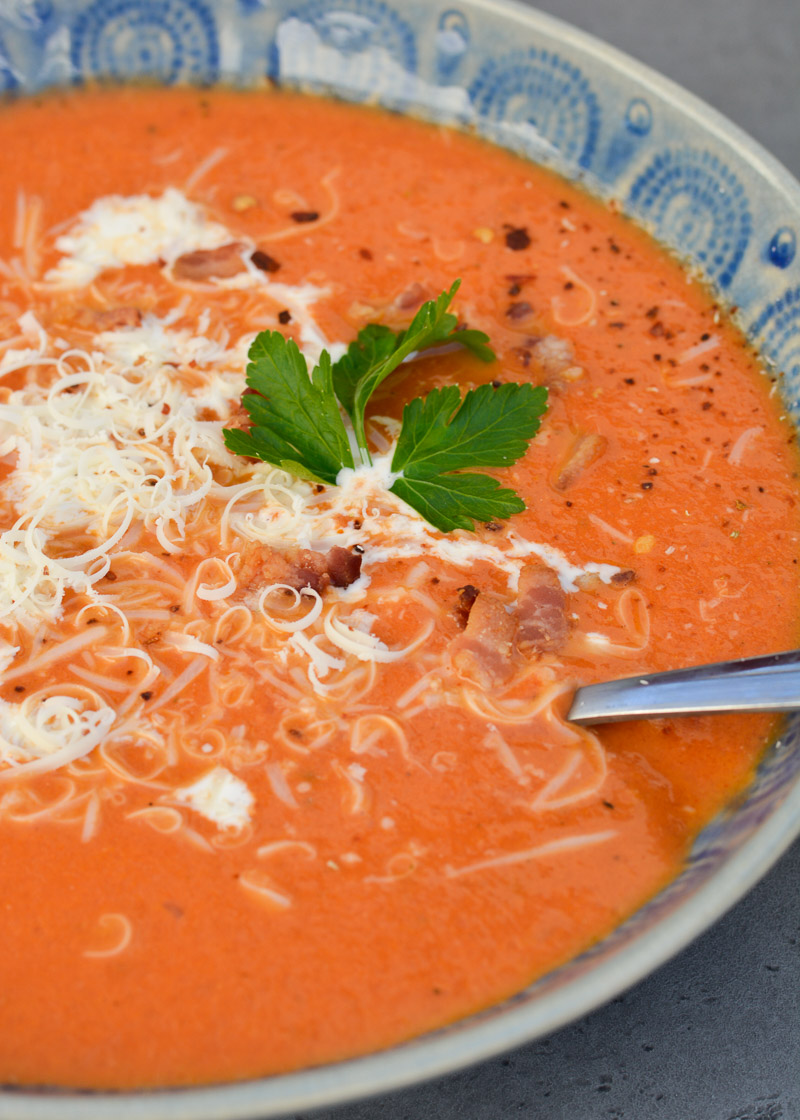
Exploring Names for Overweight and Plus-Size Individuals
In today's world, the conversation surrounding body positivity and acceptance of diverse body types is more important than ever. The topic of names associated with larger body types can be both sensitive and intriguing. Understanding these names provides insight into societal perceptions and cultural representations of body diversity. This article aims to explore various categories of names used to describe overweight or plus-size individuals, emphasizing the importance of embracing all body shapes and sizes.
The significance of names extends beyond mere labels; they influence perceptions, self-identity, and social interactions. By offering a range of names from affectionate to humorous, we can foster an environment that promotes self-love and acceptance. Ultimately, the goal is to celebrate body diversity while challenging stigmas attached to body sizes.
Throughout this article, you will discover popular and unique names for larger bodies, explore their meanings, and learn how they can positively influence one's self-image. This journey is essential for understanding how we can lovingly categorize and celebrate diversity without reinforcing negative stereotypes.
Essential Affectionate Names for Larger Bodies
Building on the foundational understanding of body positivity, let's delve into comforting and affectionate names associated with larger bodies. These names often convey warmth, friendliness, and endearment, helping to create a supportive atmosphere for those identified with larger body types.
Charming Names That Convey Love
Names like "Plump," "Chubby," and "Hefty" can be used in an affectionate context. They reflect a jovial persona that many people can relate to. Rather than conveying negativity, these names evoke a sense of belonging and community, emphasizing that every body is beautiful. Such names can be staples in social circles and pet names among friends and family.
Playful and Humorous Names
For those looking to bring laughter into the conversation, names like "Chunky" or "Pillow-Shaped" add a playful twist. Humor can serve as an empowering tool to combat stigma around body size. Embracing these light-hearted names fosters a cheerful environment that celebrates individuality and personality. After all, a joyful approach to body diversity can shift societal norms positively.
Celebrity and Iconic Names
Integrating names from popular culture adds an interesting layer to the discussion. Names like "Biggie" reference culture icons known for their larger-than-life personas. These names not only celebrate diversity in body types but also highlight the importance of representation in media. Names associated with famous personalities can inspire self-acceptance and pride in one’s body.
Using Descriptive Names for Large Bodies
With these affectionate terms explored, it's essential to recognize that descriptive names can also enhance understanding of larger bodies. Different cultures and communities often develop their lexicon to honor diverse body shapes, breaking down barriers of misunderstanding.
Characteristics That Define Descriptive Names
Names like "Well-Rounded" and "Ample" are often used to describe fullness in a positive light. These terms emphasize the beauty of diverse body shapes, reminding us that bodies come in all forms. Highlighting these characteristics can aid in self-acceptance journeys, promoting a sense of pride in one’s body. By focusing on the positive attributes of these names, they can redefine narratives around plus-size identities.
Common and Unique Descriptive Names
The spectrum of names also includes common terms like "Heavy-set" and "Big-Boned," which many people might resonate with. However, unique names such as "Voluminous" or "Solid" add richness to the dialogue. Not only do they create space for individual identity exploration, but they also empower those who identify with larger bodies. Celebrating uniqueness in names promotes a supportive dialogue around body image.
Embracing Different Cultures and Their Names
Cultural diversity adds another dimension to descriptive names. Many cultures have affectionate terms for larger bodies that reflect community values and shared experiences. Names like "Stout" or "Robust" may carry different connotations across various cultures, offering a more nuanced understanding of body size. Exploring these cultural names enriches our perspectives and highlights the beautiful diversity within body representations.
Navigating the Complexities of Name Usage
As we peel back the layers of body representation through names, it’s essential to navigate the complexities surrounding their usage. Understanding intentions behind names can foster acceptance and minimize stigmas associated with body sizes.
Recognizing Context and Relationship Dynamics
Understanding the context in which names are used plays a critical role in their reception. For example, terms that are endearing and playful in intimate relationships may be received differently in public settings. Recognizing these dynamics when using names can prevent misunderstandings and hurt feelings. A thoughtful approach to language fosters an inclusive atmosphere for all body types.
Addressing Negative Stereotypes and Stigmas
While it's essential to create a space for positive names, addressing negative stereotypes is paramount. Names that have been historically used in derogatory ways can perpetuate harmful narratives. As we discuss affectionate terms for larger bodies, we must also be vigilant in rejecting names that reinforce negative stereotypes. Celebrating diversity entails critiquing and disavowing harmful language.
Encouraging Body Positivity Through Naming Practices
We can promote body positivity by encouraging the use of empowering and affirming names. Highlighting the journey toward self-acceptance through responsible name usage reinforces a positive body image culture. By fostering a community that celebrates diverse body types, we are making strides toward eradicating body shaming and promoting love for all individuals.
The Role of Humor in Body Positivity
Following the exploration of names and their implications, it’s important to discuss humor's role in messages surrounding body positivity. By fostering a jovial approach, we can engage in meaningful conversations while embracing the delightful aspects of body diversity.
Humor as a Tool for Connection and Acceptance
Names that evoke laughter help lighten the atmosphere and create a bond of shared experiences. Humor serves as a bridge to foster connections among those with diverse backgrounds. Embracing a jovial spirit encourages individuals to share their stories, encouraging others to open up about their experiences with body image.
Creating a Safe Space for Lighthearted Conversations
Cultivating an environment where humor is welcomed empowers individuals to express themselves freely. Acknowledging that laughter around body size can soften the emotional weight often associated with discussions of weight can lead to deeper conversations about self-image and acceptance. By embracing humor, we challenge societal expectations dictating how we perceive size.
Using Humor to Challenge Stereotypes
Humor can also challenge prevailing stereotypes surrounding body types. Through comedic expressions, we can criticize societal norms related to weight while affirming body diversity. Names that incorporate playful humor provide individuals the opportunity to reclaim narratives around their identities, breaking free from conventional representations.
Q&A: Common Questions About Body Names
As we conclude our exploration of names related to larger bodies, here are some frequently asked questions about this topic:
What are some common affectionate names for larger bodies?
Some popular affectionate names include "Chubby," "Hefty," and "Plump." These names emphasize a caring approach and celebrate body diversity. They often contribute to a positive self-image when used thoughtfully.
Can humor help in addressing body image issues?
Absolutely! Humor can lighten the mood around body image issues, facilitating open conversations and fostering connections between individuals. It allows for a shared experience that encourages acceptance and self-love.
How can we ensure names promote body positivity?
Using names that celebrate size and individuality while rejecting derogatory terms fosters a culture of body positivity. Intentional language encourages acceptance and respect for all body types.
Conclusion: Embracing All Bodies Through Thoughtful Naming
The exploration of names associated with overweight and plus-size individuals highlights the significance of language in shaping perceptions and fostering acceptance. By utilizing a range of affectionate, descriptive, and humorous names, we promote a culture of body positivity that values diversity. Understanding the implications of these names helps dismantle stigma while encouraging body confidence and self-love.
Ultimately, it’s crucial to engage in open conversations surrounding body diversity, challenge stereotypes, and help individuals feel empowered in their identities. Together, we can create a more inclusive space that honors all bodies and celebrates the unique stories they carry.

